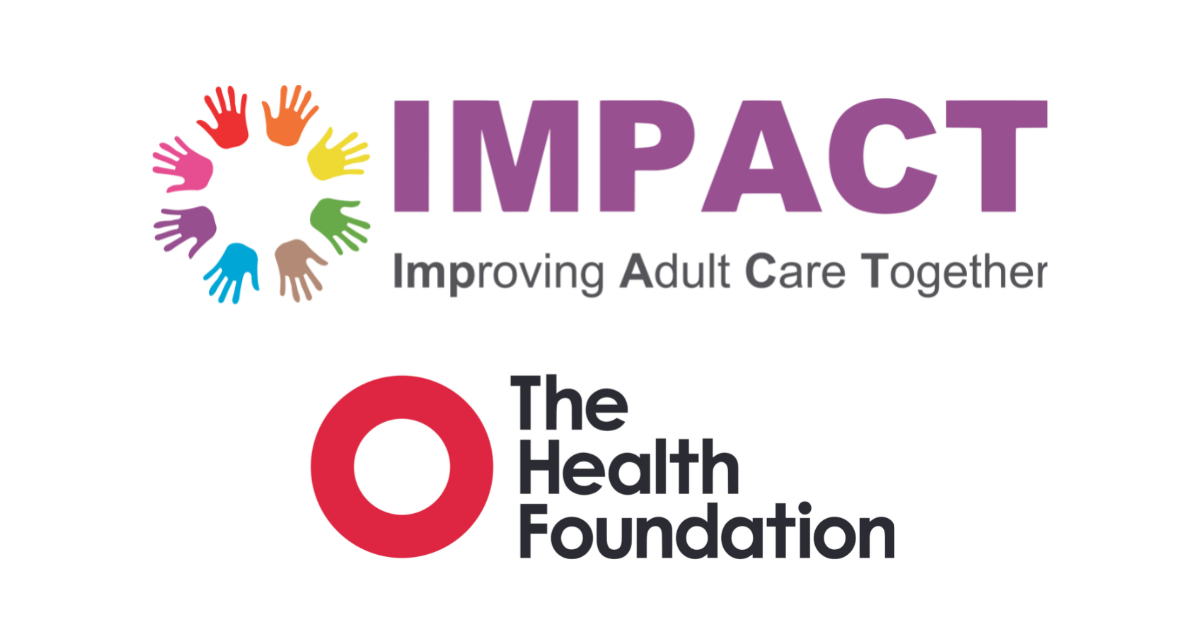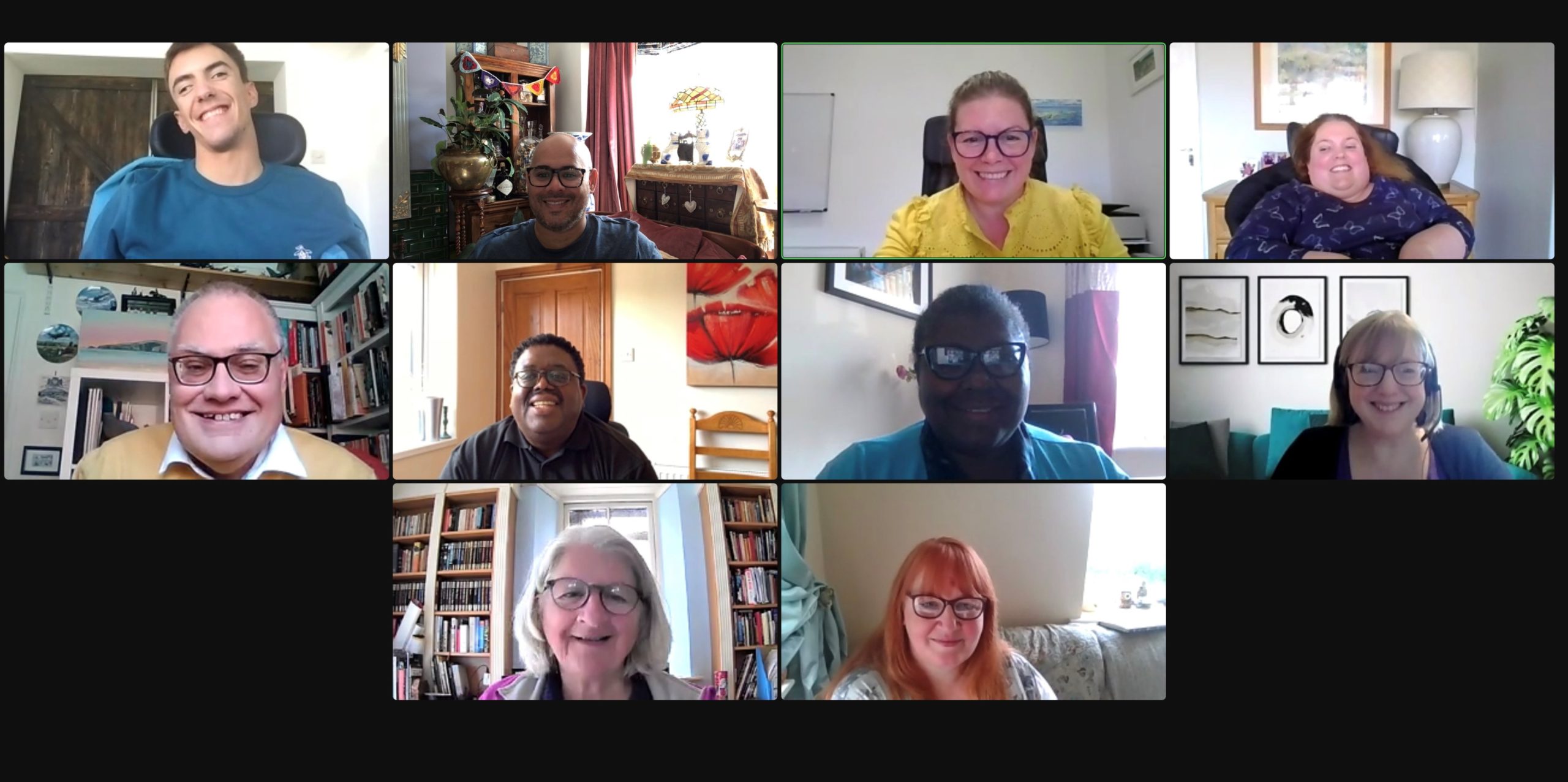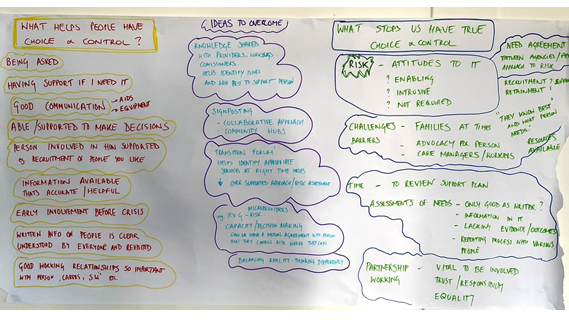We asked Marie Dunnion, our Facilitator in England, to reflect on 2022. Marie’s Facilitator takes place in Leicester and aims to identify the experiences of direct payments in black and minority ethnic communities.
IMPACT Facilitators work within a local organisation, leading an evidence-informed change project. Through close collaboration, facilitators review the evidence, lead local change and evaluate the effectiveness of the changes that take place. Successful findings and outcomes will then be shared with others for replication across the social care sector.
The Direct Payments Landscape
It feels almost unbelievable that 2022 is drawing to a close, as that means I have been an IMPACT Facilitator at Leicester City Council for almost six months! It seems a good half-way point to pause and reflect on what has been achieved in the first six months and what I wish to achieve over the remaining six months, with the project due for completion in June 2023.
I have become well-versed with the academic side of the project topic, especially as my project uniquely incorporates an academic literature review conducted by the wider IMPACT team. On the other hand, I have also been working hard to embed myself in the working life and culture of Leicester City Council, with an obvious focus on direct payments and learning about the various systems and processes in place. The Facilitator model has made it possible for me to function as a member of Leicester City Council staff, accessing the people and information necessary for me to understand the current direct payments landscape at Leicester City Council.
The Facilitator role has allowed me to explore the experiences of direct payments in Black and Minority Ethnic (BAME) communities, which is crucially what lies at the heart of my project. The highlight of my work has been speaking to people in Leicester’s BAME communities, actively listening to their stories of how direct payments are working for them and/or how the process could be improved. One challenge I have encountered has been finding people to speak to, which reflects the difficulty that Leicester City Council has experienced in obtaining feedback on Direct Payments from BAME communities. However, from those I have spoken to, a lot of what they have said corresponds to the academic literature; for example, they enjoy the improved control and flexibility that direct payments allow them to have over their own care package. This might include hiring a Personal Assistant (PA) who is a friend or family member or selecting a PA who they feel aligns with their ethnic, cultural, and religious values.
Looking Ahead
In 2023, I hope to further explore PA recruitment, especially as Leicester City Council have just launched a PA database, which will include comprehensive information about PAs, for example what languages they speak (relating to peoples’ cultural needs). As the literature has identified a gap in knowledge from the perspective of the PA’s experience, my aspirations are extending towards speaking to PAs where possible. I have also been made aware that some people in BAME communities simply do not know about direct payments, so it would be good to know why this may be and how awareness could be raised.
Since the beginning of my project, I have felt that ‘being successful’ by the end of my time with Leicester City Council will take the form of a collective account of direct payments, comprised of experiences from lots of different BAME communities and representing various areas of adult social care. To achieve this, I will continue to listen to peoples’ stories, such as the one Hashim Duale MBE told me when speaking of the Somali community as an oral society, and sharing the advice, “Give people information in the way that they can best digest that information.” He surprised me with the concept of talking leaflets in audio format – a simple but effective alternative to written materials. This is just one example of how peoples’ stories can be used to inform new practices within Leicester City Council; I’m looking forward to seeing how this and other evidence is implemented over time.























